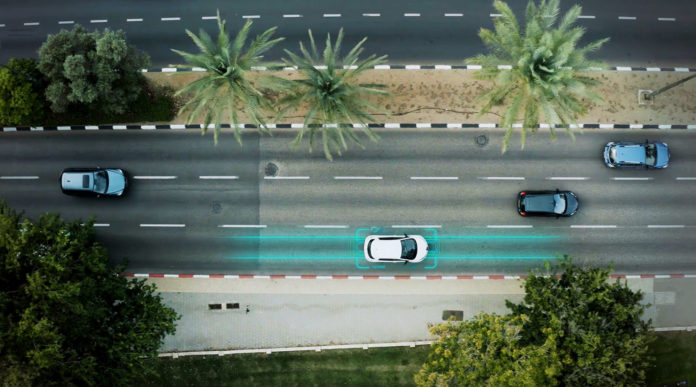ElectReon, an Israeli company specializing in inductive charging of electric vehicles, has announced it will deploy its first public wireless EV charging road system in the U.S. near Detroit’s Michigan Central Terminal that will charge electric vehicles as they travel on it.
The company will build an Electric Road System (ERS) in Detroit as part of the inductive vehicle charging pilot program in partnership with the Michigan Department of Transportation (MDOT), the Michigan Office of Future Mobility and Electrification (OFME), and the Michigan Economic Development Corp. (MEDC).
The pilot program is expected to be operational by 2023. The project is currently slated for a stretch of road up to one mile long in Detroit and will include dynamic and stationary wireless EV charging.
Electreon’s new technology, dubbed inductive charging, will wirelessly charge EVs while in-motion and stationary. The EV charging roads function through a system of copper coils embedded in the asphalt. The process will start by transferring the energy from these coils to the vehicle batteries through magnetic induction as the vehicle travels along the road. The receivers are installed on the floor of the vehicle to transmit the energy directly to the engine and the battery while driving.
The company is already actively operating pilot projects in Germany, Italy, and Sweden. Recently, it signed a commercial deal to provide a “plug-free” charging network for 200 public buses in Tel Aviv, Israel.
“We are excited to enter the U.S. market and collaborate with industry leaders to further enhance the country’s mobility ecosystem,” said Stefan Tongur, vice president of business development for Electreon in the U.S.
“Michigan’s automotive industry roots built a foundation for mobility innovation, and we’re thrilled to join this community of experts. We are looking forward to collaborating with departments of transportation, state and municipal agencies, and automotive and mobility industry innovators in Michigan, California, and New York on charging infrastructure that’s vehicle agnostic and can be included in any electric vehicle. Our technology has the potential to support electric fleets of all types from public transit buses to delivery vans and long-haul trucks for logistics.”
